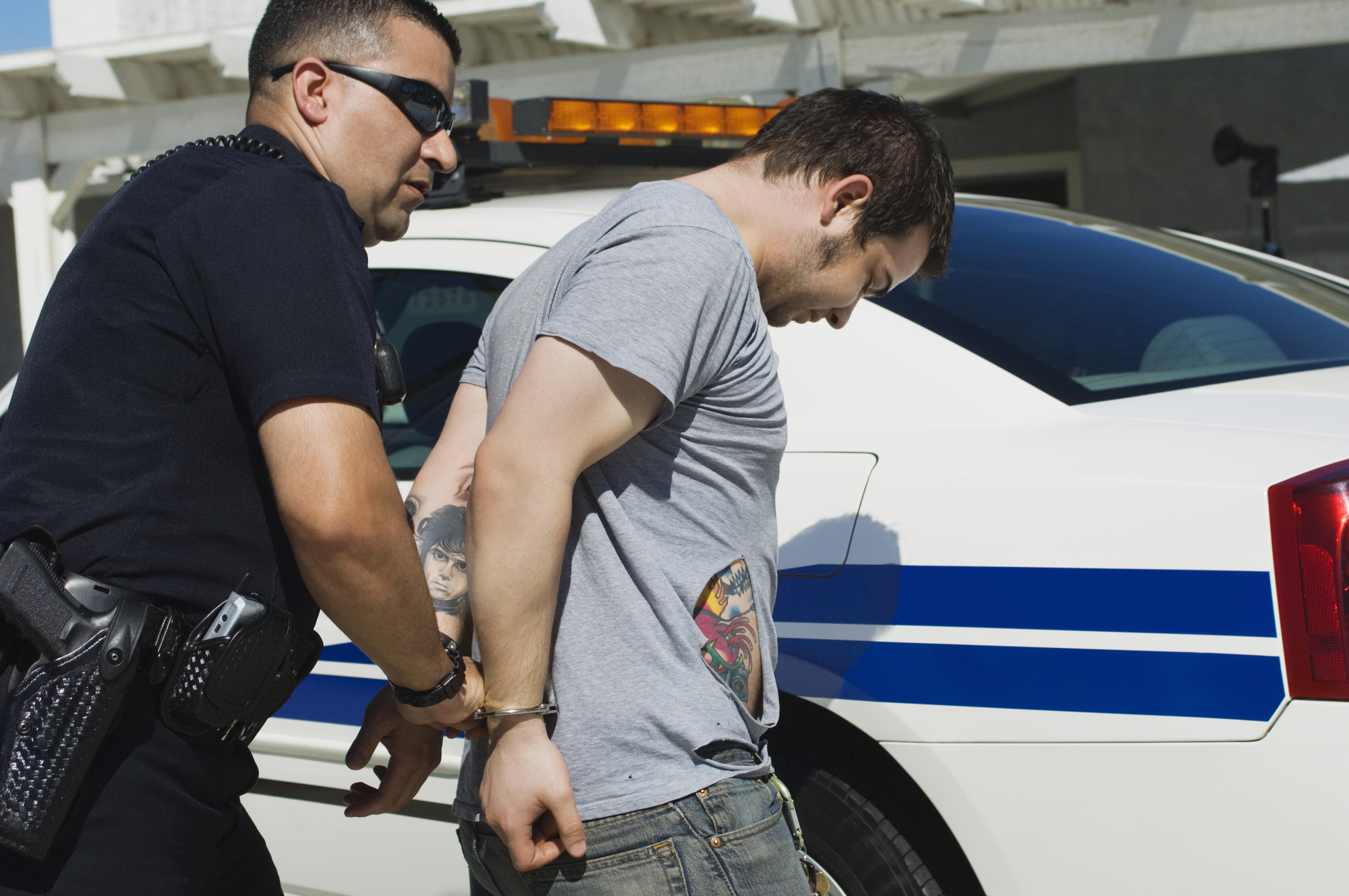Drug Crimes Attorney

Have you been charged with drug crimes?
If you have been, you need a drug crimes attorney who can help…right now!
Drug-related crime is a violation of state or federal drug laws. You may violate the law when you possess, cultivate, manufacture, trade or distribute drugs that are considered a potential for abuse. Heroin, cocaine, morphine, and amphetamines are just some of the examples of illicit drugs. Certain substances are restricted at both the federal and state level.
Some states have allowed the use of marijuana for medical purposes allowing doctors to recommend the use of medicinal marijuana for specific illnesses while exempting qualified patients from criminal prosecution for marijuana-related drug charges. Some states have permitted marijuana use for recreational and leisure.
The verdict on drug charges often carries stiff punishments, including prison time. Sometimes, the district attorney will offer an appeal to lower-level criminals in exchange for help with bigger drug cases.
Comprehensive Drug Abuse Prevention and Control Act of 1970
Due to the increasing problems resulting from the abuse of recreational drugs in the US in 1970, the Congress enacted the Controlled Substances Act (CSA); a multifaceted regulatory system intended to control the manufacturing, distribution, possession, and trafficking of drugs such as marijuana, heroin, and cocaine. The CSA established five schedules of drugs, with each schedule signifying the level with which the substance is likely to be abused and the degree of accepted medical use.
States have their drug laws, but federal laws surpass state laws, including those regarding the use of marijuana for leisure and therapeutic purposes.
Federal and State Law
Each state has separate laws concerning drug crimes, and these laws can be very diverse. States have their scheduling bodies, legislative authorities, and controlled substance acts. However, federal agencies can supersede jurisdiction at any time. The state handles most drug-related crimes. In 2012, the Drug Enforcement Agency (DEA) made just over thirty thousand apprehensions for drug charges while local police and the state made more than one million arrests for drug felonies.
Different federal agencies including the DEA, FBI, US Marshals Service, Department of Homeland Security, US Postal Inspection Service, and the Bureau of Alcohol, Tobacco, Firearms, and Explosives (ATF) collaborate with state government and local agents to decrease drug use and supply across the country.
The federal court system or the state can prosecute drug crimes. Possession crimes are usually brought before the court by which state they happen. For example, someone who is arrested for possession of cocaine in San Francisco may be charged in the California court system.
In countless cases, both the state where the alleged drug crime was committed and the federal government have jurisdiction to prosecute. The Commerce Clause provides the federal government the authority to regulate commerce between states and illegal substances are believed to be included in interstate commerce.
A new method in dealing with drug apprehensions in some cities and states is the formation of drug courts that can give the substance abuse treatment for arrested persons with drug dependence problems. Laws governing these courts differ significantly by state and locality. They are usually presented as an alternative sentencing option for non-violent, first-time offenders, and those convicted of lesser violations.
Drug Crimes
Drug Possession
Possession of illegal drugs is the most common drug crime, and it requires the individual to have the knowledge and intention to keep a drug without a valid prescription and in a quantity that would be for personal use or sale.
Drug Manufacturing
Manufacturing of illegal drugs involves creating and packing an artificial biochemical substance or extracting a regulated natural drug.
Drug Use
Illegal drug use is the ingestion or taking in of substances without a physician’s prescription.
Drug Distribution
The distribution of drugs includes selling, smuggling, trafficking, or delivering an illegal substance.
Types of Illegal Drugs
Marijuana is the most commonly used prohibited substance in the US. A recent survey shows that approximately 15 million people misuse marijuana. States have varying laws on Marijuana use. Many states have permitted the use of medicinal and recreational marijuana.
Other drugs most commonly abused are the following:
• Cocaine
• Ecstasy
• Heroin
• Methamphetamine
• PCP
It is also illegal to have drug paraphernalia even if you don’t have the actual substance. Drug paraphernalia consists of things and materials supposed to be used in juxtaposition with the illegal substances. Examples of this paraphernalia are pipes, drug scales and needles, and syringes.
Drug Crime Convictions and Punishments
Drug crimes have a varying degree of convictions and punishments. Usually, federal drug charges have severe punishment than state charges. Punishments for drug crimes greatly vary, and appeals can lead to several years in jail or no conviction at all, depending on the following factors:• Drug type – Using heroin has a tougher penalty than using marijuana.
• Quantity – The more drugs you have, the longer the time you will spend in jail.
• Purpose of the possession – Using drugs for personal consumption will have a much lighter penalty than drug trafficking. Other aspects involved in the crime can heighten punishment, such as possession of a weapon, involving a minor in crime, and committing the crime near a school. The extent of the defendant’s involvement in the crime can also determine the weight of the punishment. A defendant who handles the substances, and who is responsible for providing counter-surveillance in a drug plot would have a more substantial sentence than someone who didn’t do much.
• Prior convictions – The defendant’s legal records and the seriousness of the violations will greatly influence the punishment of the drug crime.
If a person is found guilty for a drug crime, the penalty may be:
• Community service
• Court-ordered counseling
• Deportation
• Imprisonment
• Loss of custody of children
• Loss of residency
• Probation or parole
• Significant fines
• Mandatory treatment
• Forfeiture of property
When to contact a Drug Crimes Lawyer?
If you are facing drug charges, you should immediately seek the advice of an experienced criminal defense lawyer to know about your rights, your defenses, and the intricate legal system in Michigan.
To learn about what law applies to you, a knowledgeable, seasoned lawyer will be able to advise you about your position and options.
Do you need professional legal help? Talk to us by calling (313) 381-0044.
Speak with Attorney Lawrence Coogan for a no cost initial legal consultation.

